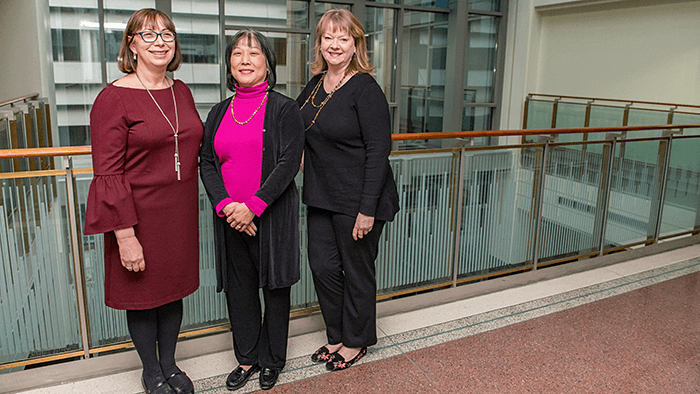
Achieving a shorter, more active kidney waitlist
Reviewing and reclassifying the kidney waitlist at University of Chicago Medical Center results in a 17 percent increase in transplants.

Reviewing and reclassifying the kidney waitlist at University of Chicago Medical Center results in a 17 percent increase in transplants.